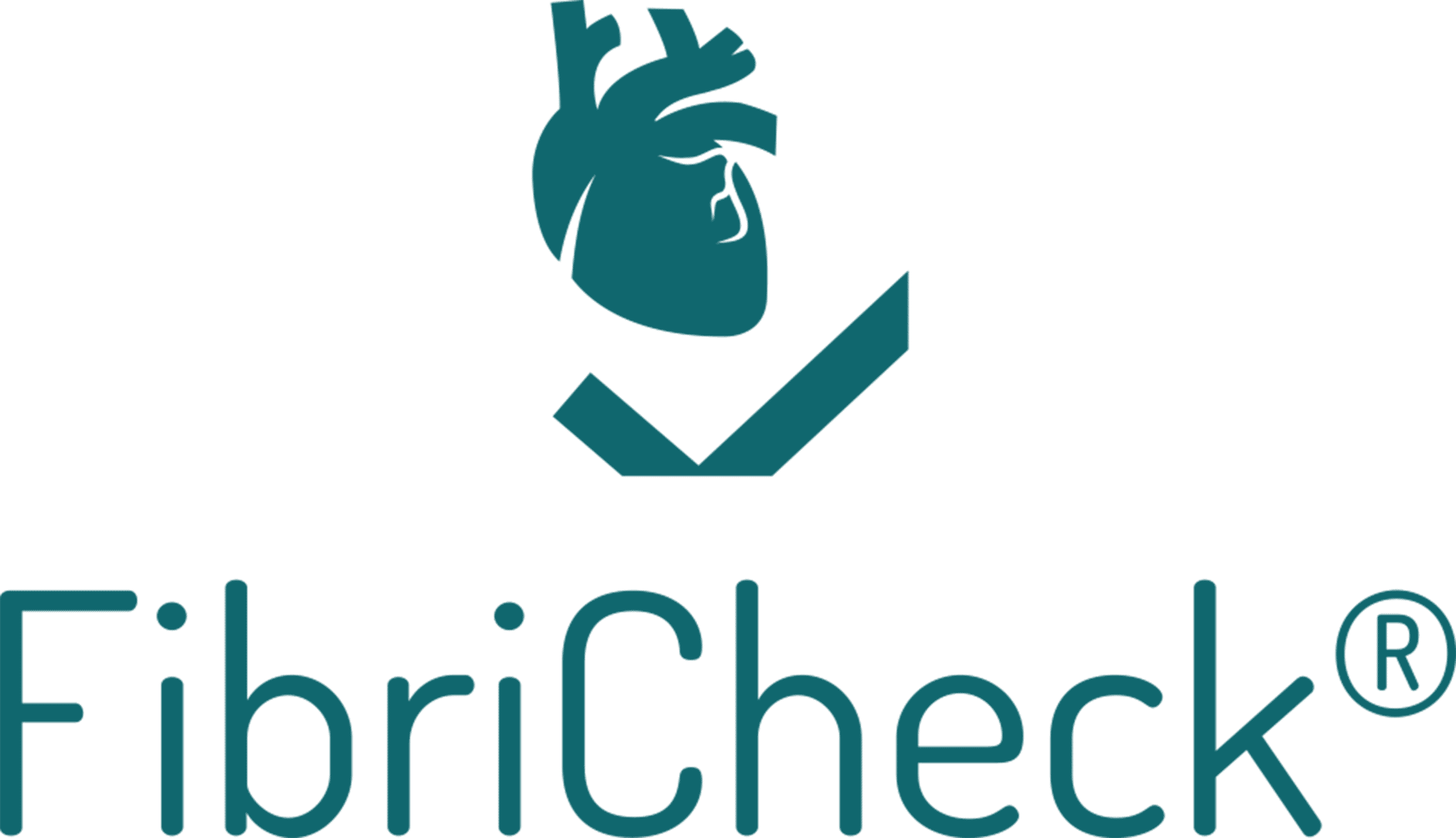FibriCheck continuously strives to investigate the role of PPG monitoring in the AF diagnosis pathway. In light of this, we were happy to see that Britt Wouters wanted to conduct a pilot study on this topic during her internship at our company. With this pilot study, she wanted to investigate the added value that can be gained from an on-demand intermittent PPG monitoring tool in a detection setting and she wanted to determine how PPG data can optimise the AF diagnosis strategy.
Proving the value of on-demand intermittent PPG monitoring
This international pilot investigated the potential added value of on-demand intermittent PPG monitoring in clinical decision-making. This was done by distributing an online survey via email to cardiologists and electrophysiologists from different countries.
The goal of this study was to see whether or not the data retrieved from PPG-monitoring would help optimise the clinical decision-making process, which has the potential to alleviate the pressure on the healthcare system and increase accessibility to appropriate care.
The survey consisted of hypothetical cases of people with and without AF-related symptoms and/or risk factors. For each case, the participating physicians were asked to select their preferred next step in the diagnostic process to detect or rule out AF.
In the second part of the survey, the same cases were shown but with additional on-demand, intermittent PPG data from FibriCheck. Again, the participants were asked to select their preferred next step to diagnose or rule out AF for each specific case.
What we learned
Based on the results from the pilot study, we learned that the majority of the participating physicians were inclined to:
- Take no further action in case the FibriCheck results showed a regular heart rhythm.
This indicates the potential of FibriCheck to rule out atrial fibrillation in cases where no abnormalities were observed. By avoiding unnecessary examinations, resources can be allocated to those at risk, which might lead to a reduction of costs as well as a decrease in waiting lists. - Perform additional examinations in case the FibriCheck results showed potential non-AF arrhythmias or paroxysmal AF
To confirm potential non-AF arrhythmias, physicians opted for Holter-ECG and intermittent single-lead ECG monitoring in the majority of the cases. Similar results were found in the case of potential paroxysmal AF as monitoring for a longer period of time increases the probability of detecting AF compared to traditional spotcheck ECG. - Perform a 12-lead ECG examination or Holter examination after seeing the FibriCheck results that indicate possible persistent AF.
The participating physicians showed clear immediate action in cases where FibriCheck indicated possible persistent AF.
By guiding physicians and supporting them in the optimization of their diagnostic strategy, they can use the right technology for the right clinical case. That way, the use of PPG in the diagnostic pathway can increase efficiency in the healthcare system and can lead to a faster diagnosis of AF.
Is ECG still required to diagnose atrial fibrillation?
As AF is more prevalent in older populations, the European Society of Cardiology (ESC) recommends opportunistic AF screening in patients over 65 years old. At this point in time, an ECG is still required to diagnose AF.
Although ESC is the standard to diagnose arrhythmias, AF may still go by unnoticed, as it can be brief and infrequent. In some cases, this may lead to a missed opportunity to diagnose the patient and initiate appropriate treatment.
On top of that, the long waiting lists for diagnostic tools add an extra layer of difficulty when it comes to reaching a diagnosis in an efficient way.
FibriCheck can play an important part in improving the efficiency of this diagnostic pathway. As users can collect multiple recordings of their heart rhythm over time without the need to visit a hospital or a general practitioner, a valuable amount of data can be gathered, which can help physicians with the decision-making process.
Future follow-up studies
We are eager to take this pilot project to a next phase where we will continue to examine the potential added value of on-demand intermittent PPG monitoring in decision-making to optimise the AF diagnosis strategy.
Don’t hesitate to get in touch with us if you’d have any questions about one of our clinical studies or if you are interested in implementing FibriCheck in your clinical routine.
Created on January 12th, 2023 at 11:40 am
Last updated on August 3rd, 2023 at 03:39 pm



